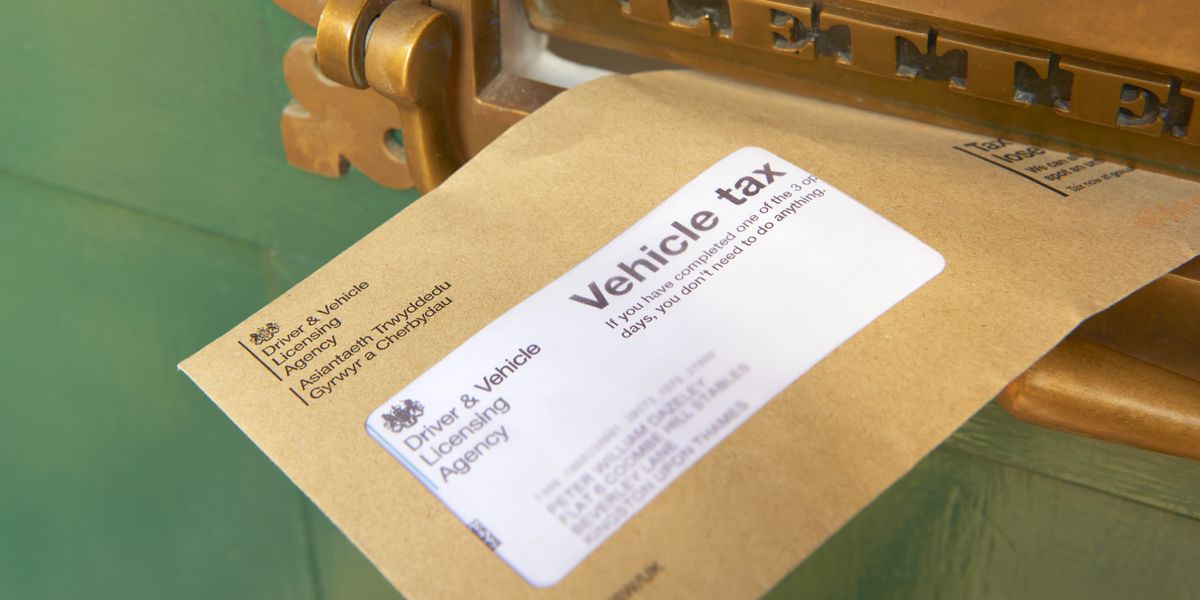New car tax rules have been confirmed by the Treasury which are set to come in next spring, which could see motorists have to make changes.
From April 2025, these vehicles will be treated as company cars when it comes to Benefit-in-Kind (BIK) tax and capital allowances.
The change follows a significant Court of Appeal ruling involving HMRC and Coca-Cola, which has prompted a revision in how these vehicles are categorised for tax purposes.
The Treasury has confirmed this shift in policy will affect how double cab pick-ups are taxed, marking a substantial change for fleet operators and businesses using these vehicles.
Do you have a story you’d like to share? Get in touch by emailing[email protected]
New car tax changes will come into effect in April next year
GETTY
However, the Government has moved to reassure fleet operators that the changes will not impact Vehicle Excise Duty (VED) payments.
To ease the transition, the Government has put in place special arrangements for existing vehicle owners, according to Fleet News.
Businesses that have purchased, leased, or ordered a double cab pick-up before April 6, 2025, will be able to continue using the previous tax treatment.
This transitional period will last until either the vehicle is disposed of, the lease expires, or until April 5, 2029 – whichever comes first.
For those purchasing double cab pick-ups before April 2025, the existing capital allowances treatment will remain in place to create a smoother transition for businesses already invested in these vehicles.
The arrangements ensure that companies won’t face immediate tax changes for vehicles acquired before the new rules take effect.
A Treasury spokesperson said: “The Government announced that HMRC will change its guidance on the tax treatment of DCPUs to align with case law, reflecting the Court of Appeal’s judgement that multipurpose vehicles which are equally suited to carrying people and goods should be treated as cars.”
The decision follows a significant 2020 Court of Appeal case involving Coca-Cola, where HM Revenue and Customs successfully argued that certain multi-purpose vehicles should be classified as cars rather than vans.
READ MORE: Nigel Farage just issued stern warning over China but is it valid?
“It is right that their tax takes into account the purpose for which they are primarily suited,” the Treasury spokesperson added.
The Treasury further noted that not implementing these changes would represent “a significant tax break worth hundreds of millions per year for these generally higher emitting vehicles.”
Despite the changes to company car tax treatment, double cab pick-ups will maintain their classification as light goods vehicles (LGVs) for Vehicle Excise Duty purposes.
The Treasury has confirmed to Fleet News that VED calculations will remain unaffected by the new ruling. Current VED rates for these vehicles stand at £335 per year under the LGV classification.
LATEST DEVELOPMENTS:
This rate will increase to £345 for the 2025/26 period, in line with the Retail Price Index (RPI).
The different treatment stems from VED legislation definitions, which the Treasury confirms are “unaffected” by the recent Court of Appeal ruling.

